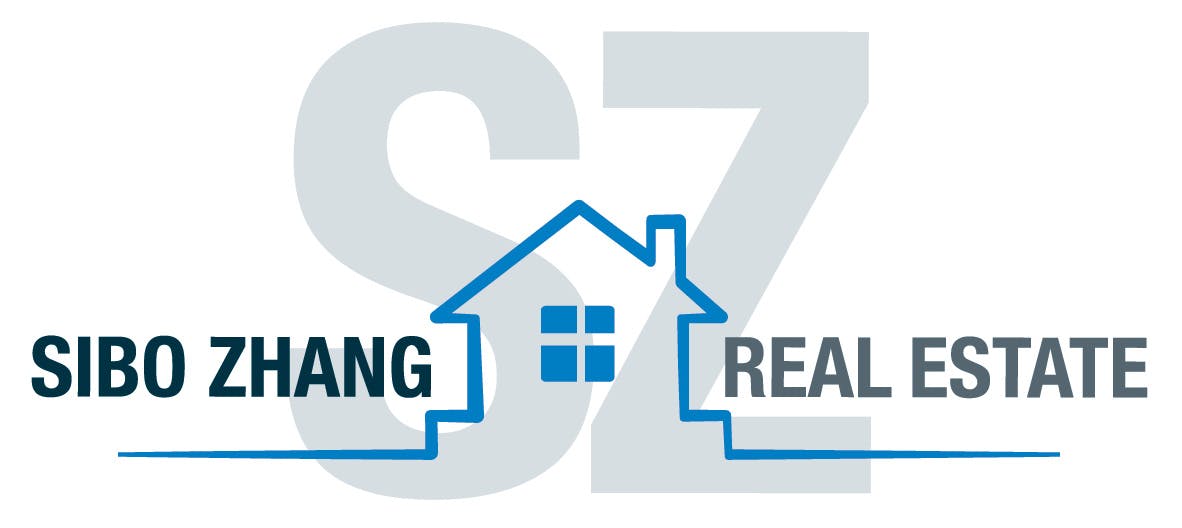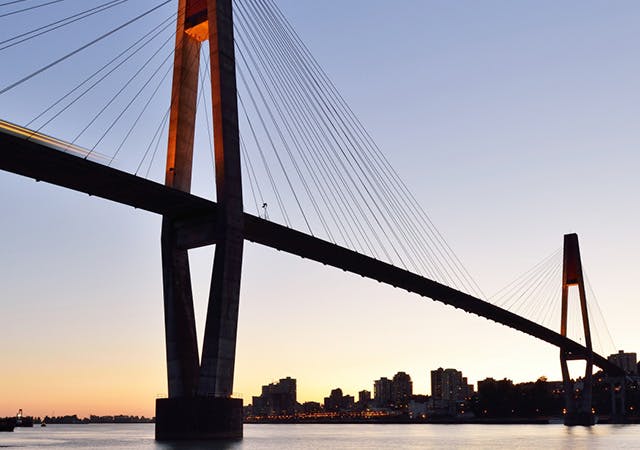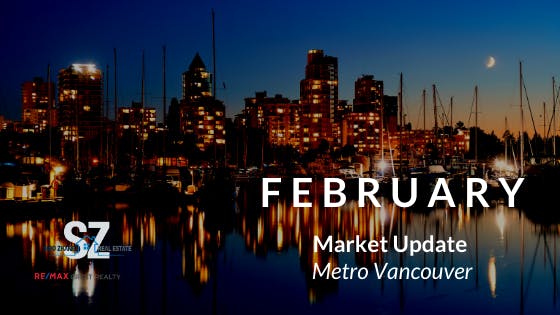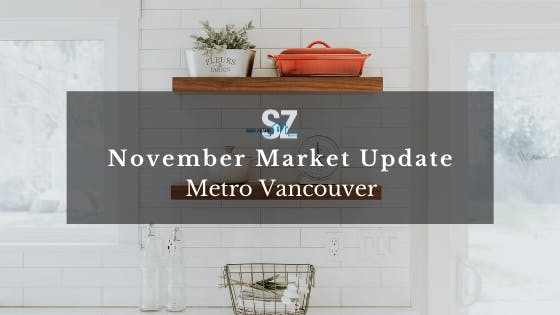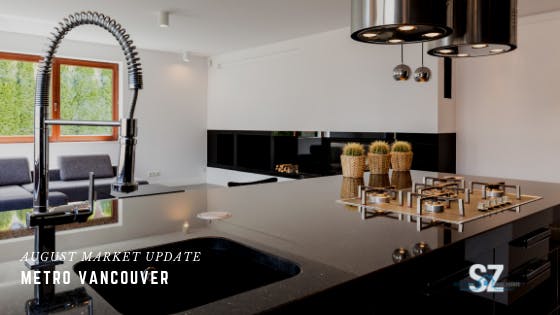There’s a single constant in the Greater Vancouver housing market that everyone should keep in mind. It can be expressed as simply as this: people want to live here. This includes families, singles, young people starting out in life, mid-career people with children, and retired seniors. Our region continues to grow in population size; not, however, in geographical size. It is to be expected, therefore, that residential housing will continue to rise in price over the long term. I think most people understand this, and those who see their lives as average and middle class are happy with a regulatory system that keeps prices to a moderate and somewhat predictable rate of increase. That is what we have been experiencing for several months now. What is a bit worrisome is that the supply side is not keeping pace, and if it continues to slow, as I have reporting here for the past few months, there is the looming fear that prices could we suddenly rise more rapidly than they are at present. The supply of housing can only increase with more listings from current owners, or from more residential building, which by necessity must be either with densification or with more towers. Let’s look at what the market statistics tell us now.
The composite benchmark price for all residential properties in Metro Vancouver at the end of January 2020 was $1,008,700. This was 0.8 per cent higher than the preceding month, and 1.4 per cent higher that six months ago. The average monthly increase has been relatively small but steady. It is possible that some homeowners may be using this rate to gauge when they will list their home for sale. And of course, if there is surge in prices, this may also trigger more listings, but the actual psychology of homeowners cannot be determined by this alone. It would be reasonable to guess that new listings may come from a market segment where age is an important determinant of selling one’s home. In the meantime, we must contend with currently low new listings, Last month’s new listings were over 17 per cent below the 10-year average. The total number of homes listed for sale in Metro Vancouver at the end of January was 8,617. This was a 20.3 per cent decrease compared with the same month one year ago. From these figures you can see that decreasing supply is occurring in the Metro Vancouver market place. In actual numbers, however, there is still an ample supply and at very good prices at present. Sales of detached homes and townhouses both increased by 0.5 per cent in the past month; and condominium sales increased 1.0 per cent in the same period. It’s an excellent time to make an offer on home. Check out the property types and areas below for comparative benchmark changes in the past month.
Detached Homes The benchmark price for a single-family detached home in Greater Vancouver at the end of January 2020 was $1,431,200, an increase of 0.8 per cent from the preceding month. The extremities of this average were Vancouver West (not West Vancouver) at $2,929,600 and Sunshine Coast at $564,900. (Note I include the Sunshine Coast only as a factor in the average, but do not report on housing prices in this area because it is too far away for my clients). The three municipalities closest to the benchmark on the higher side of the average were: Burnaby South at $1,493,500, an decrease of 0.1 per cent from the preceding month; Richmond at $1,503,100, a decrease of 0.5 per cent from the preceding month; and North Vancouver at $1,536,800, an increase of 1.6 per cent from the preceding month. The three municipalities closest to the benchmark on the lower side of the average were: Burnaby North at $1,407,700, an increase of 1.3 per cent from the preceding month; and Port Moody at $1,399,800, no change from the preceding month.
Townhouses The benchmark price for a townhouse in Greater Vancouver at the end of January 2020 was $782,500, an increase of 0.5 per cent from the preceding month. The extremities of this average were Vancouver West (not West Vancouver) at $1,147,200 and Maple Ridge at $522,300. The three municipalities closest to the benchmark on the higher side of the average were: Vancouver East at $903,600, an increase of 2.6 per cent from the preceding month; North Vancouver at $478,400, an increase of 0.2 per cent from the preceding month; and Vancouver West (not West Vancouver) at $1,147,200, an increase of 1.0 per cent from the preceding month. The three municipalities closest to the benchmark on the lower side of the average were: Richmond, at $775,500, an increase of 0.7 per cent from the preceding month; Burnaby South at $768,100, an increase of 0.7 per cent from the preceding month; and New Westminster at $732,900, an increase of 1.2 per cent from the preceding month.
Condominiums The benchmark price for a condominium in Greater Vancouver at the end of January 2020 was $663,200, an increase of 1.0 per cent from the preceding month. The extremities of this average were West Vancouver at $996,600 and Maple Ridge at $342,400. The three municipalities closest to the benchmark on the higher side of the average were: Burnaby East at $714,500, a decrease of 0.1 per cent from the preceding month; Vancouver West at $775,700, an increase of 2.0 per cent from the preceding month; and West Vancouver at $996,600 a decrease of 1.3 per cent from the preceding month. The three municipalities closest to the benchmark on the lower side of the average were: Burnaby South at $661,700, an increase of 1.5 per cent from the preceding month; Port Moody at $640,700, a decrease of 2.2 per cent from the preceding month; and Richmond at $634,100, an increase of 0.6 per cent from the preceding month.
How can I help? I’m always eager to help my clients in any way I can. Please don’t forget I also bring strong banking and finance experience to help with your budget and mortgage planning. And if you are thinking about renovations on your existing home, I can offer good advice on what your investment will return to your future home value. I can also recommend reputable and reliable tradespeople who provide quality work at reasonable rates. Please let me know if I can assist in any way at all. It’s a pleasure for me to help you.
Please don’t hesitate to give me a call. (604) 779-7992
Thanks for reading!
Sibo Zhang, REALTOR®
